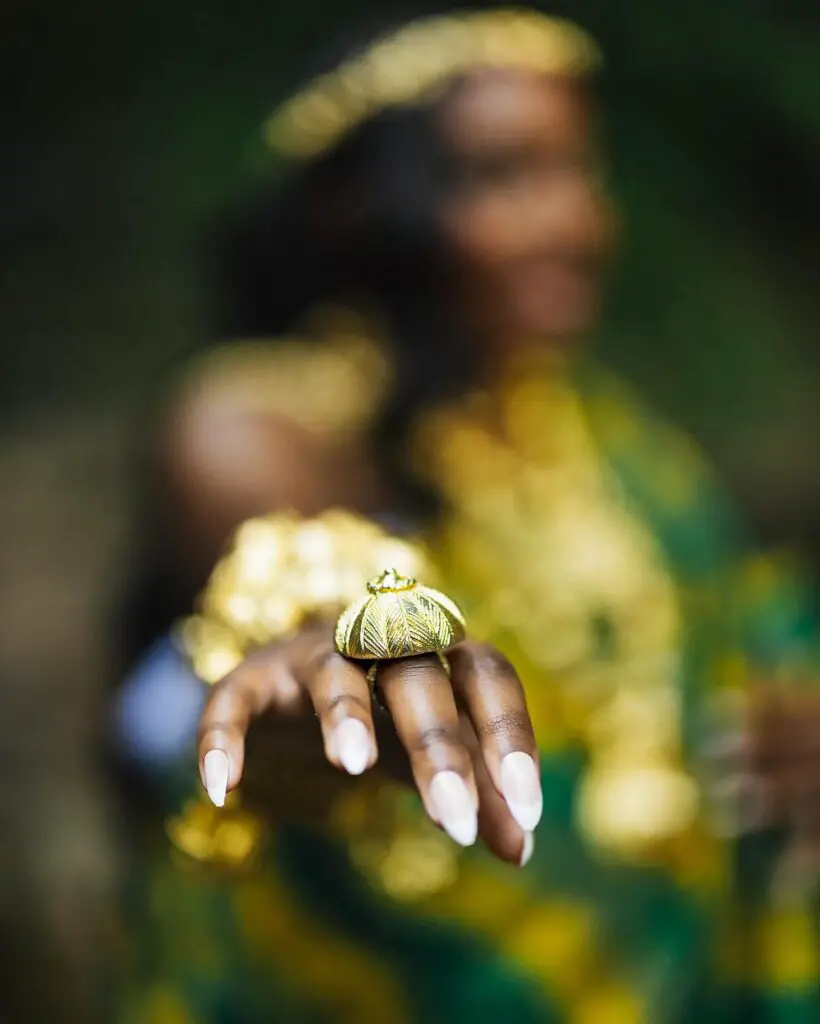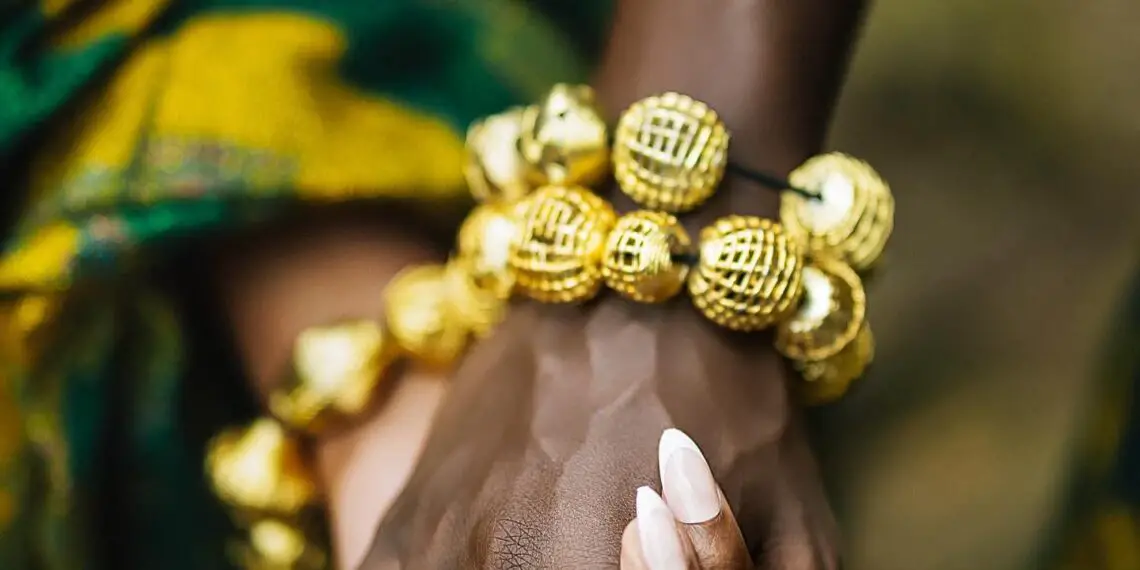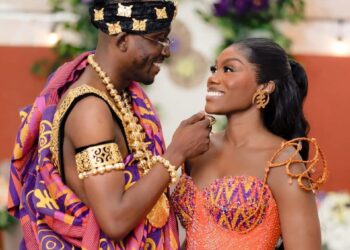A marriage certificate is one of the most important legal documents for couples in Ghana. It proves that the state recognizes your marriage. When you register your marriage, you secure your legal rights and protect your marital status. In addition, whether you marry under customary, Islamic, or ordinance law, you must obtain a marriage certificate to make your union official.
Types of Marriage in Ghana.
Ghana recognizes three main types of marriages:
- Customary (Traditional) Marriage : Conducted according to traditional family or cultural practices. Can later be registered at the Births and Deaths Registry for legal proof.
- Islamic Marriage: Conducted according to Islamic traditions. Can also be registered at the Births and Deaths Registry.
- Ordinance Marriage : Governed by the Marriage Ordinance (Cap 127). Registered at the Registrar General’s Department or District Assembly.
Key Points to Note Before Applying for a Marriage Certificate in Ghana.
- Religion or tribe does not affect the marriage certificate – The certificate is issued by the state, not a religious body.
- Customary and Islamic marriages without registration allow polygamy – A man can legally marry more wives under these systems unless the union is registered.
- Ordinance marriage is strictly monogamous – Once registered, neither partner can remarry unless legally divorced.
- No double marriages – If you are already married and not divorced, you cannot marry again under any system.
- The certificate protects your rights – Without it, inheritance, custody, or property claims can be challenged.

How to Apply for a Marriage Certificate in Ghana.
Step 1: File a Notice of Marriage
First, visit the Registrar General’s Department or District Assembly and file a Notice of Marriage (banns). The office will display the notice publicly for 21 days. During this time, anyone with objections has the chance to raise them.
Step 2: Collect the Registrar’s Certificate
After the 21 days, if no one raises objections, the Registrar issues you a Certificate to Marry. At this point, you must marry within three months after receiving it.
Step 3: Hold the Marriage Ceremony
You can marry at the Registrar’s office (civil) or in a licensed place of worship. In either case, you must bring at least two witnesses.
Step 4: Receive the Marriage Certificate
Finally, after the ceremony, you and your partner sign the marriage register. The Registrar or officiating minister then gives you the official Marriage Certificate as proof of your union.
Why Register Your Marriage?
Registering your marriage and securing a marriage certificate is important because it:
- When you register your marriage and receive a marriage certificate, you:
- Protect your legal rights as a spouse.
- Provide proof of marital status for visas, immigration, or name changes.
- In addition, you secure inheritance and property rights.
- As a result, you avoid future legal disputes about your marriage.
HELPFUL GUIDES TO PLAN YOUR WEDDING.
- The Cost of Marriage Registration in Ghana: Everything You Need to Know.
- 13 Engagement Dress Styles for Plus Size Brides(Chic & Curvy).
- Trending Wedding Invitation Cards in Ghana.
- Mother of the Groom Dresses Perfect for a Stylish Ghanaian Wedding.
In summary, A marriage certificate in Ghana has nothing to do with your religion or tribe. Instead, it serves as a legal process that protects you. If you marry under customary or Islamic law without registration, your husband can legally marry other wives. By contrast, ordinance marriage binds you to one partner until you divorce. Therefore, if you marry again without a divorce, you commit bigamy.
Get more information about marriage registration in Ghana from these links:









